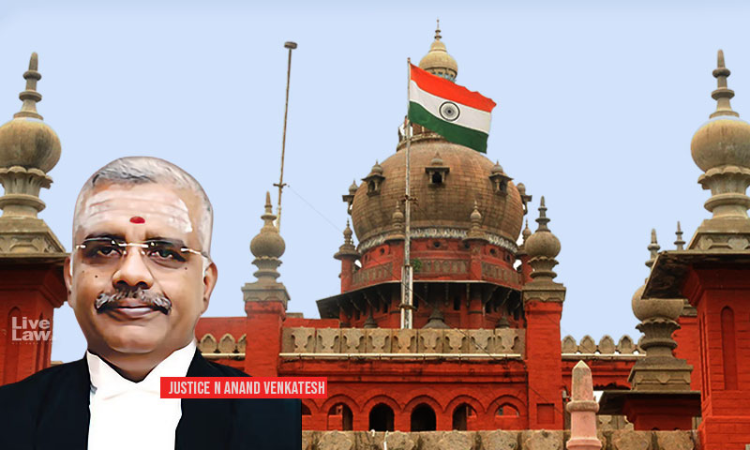The Madras High Court bench of Justice Anand Venkatesh recently observed that an unregistered agreement for sale may be received as evidence for considering the relief of specific performance. It was of the view that the inadmissibility of the unregistered document will only be with respect to the protection sought under Section 53-A of the Transfer of Property Act. Even though the...

